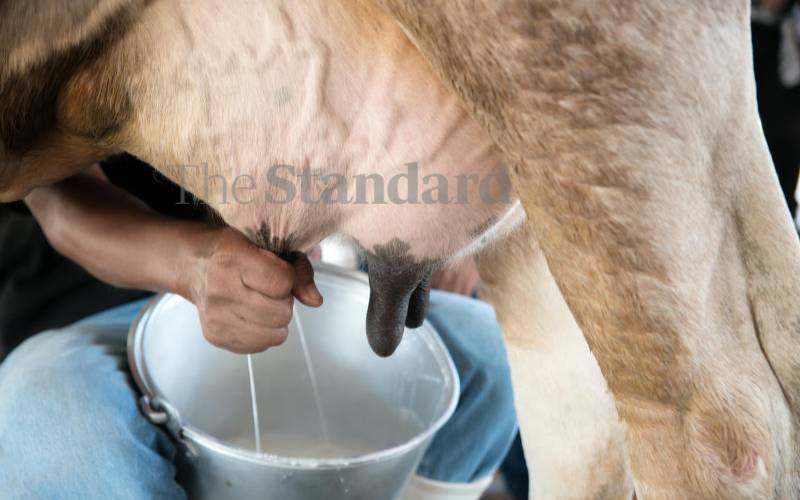×
The Standard e-Paper
Join Thousands Daily

The dairy industry in Kenya is one of the most lucrative within the agricultural and manufacturing sectors. According to the Kenya Dairy Board, the industry contributes an estimated four per cent of national GDP, 14 per cent of agricultural GDP, and 44 per cent of livestock GDP. It also provides livelihoods to at least 1.8 million smallholder farmers.







